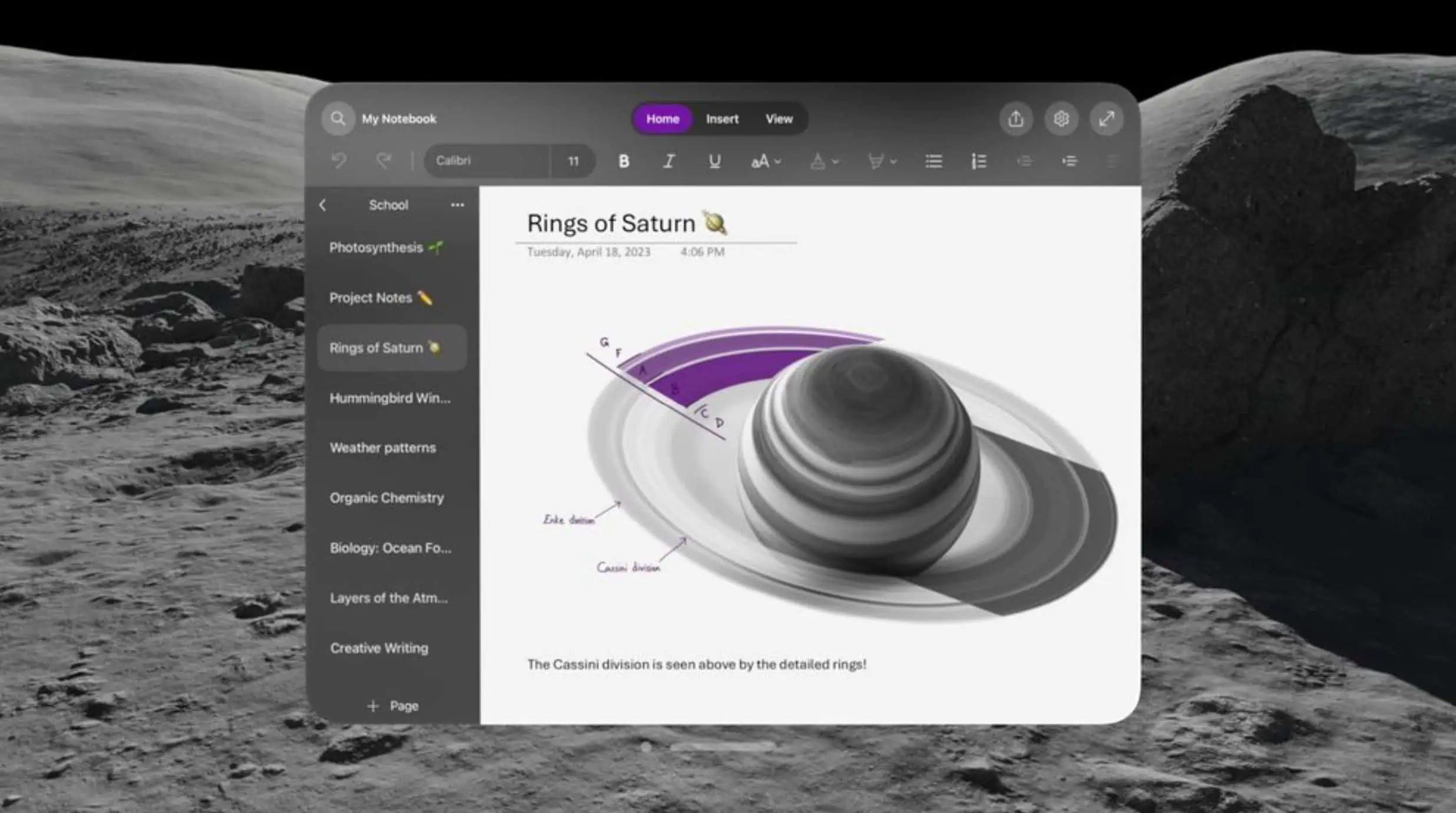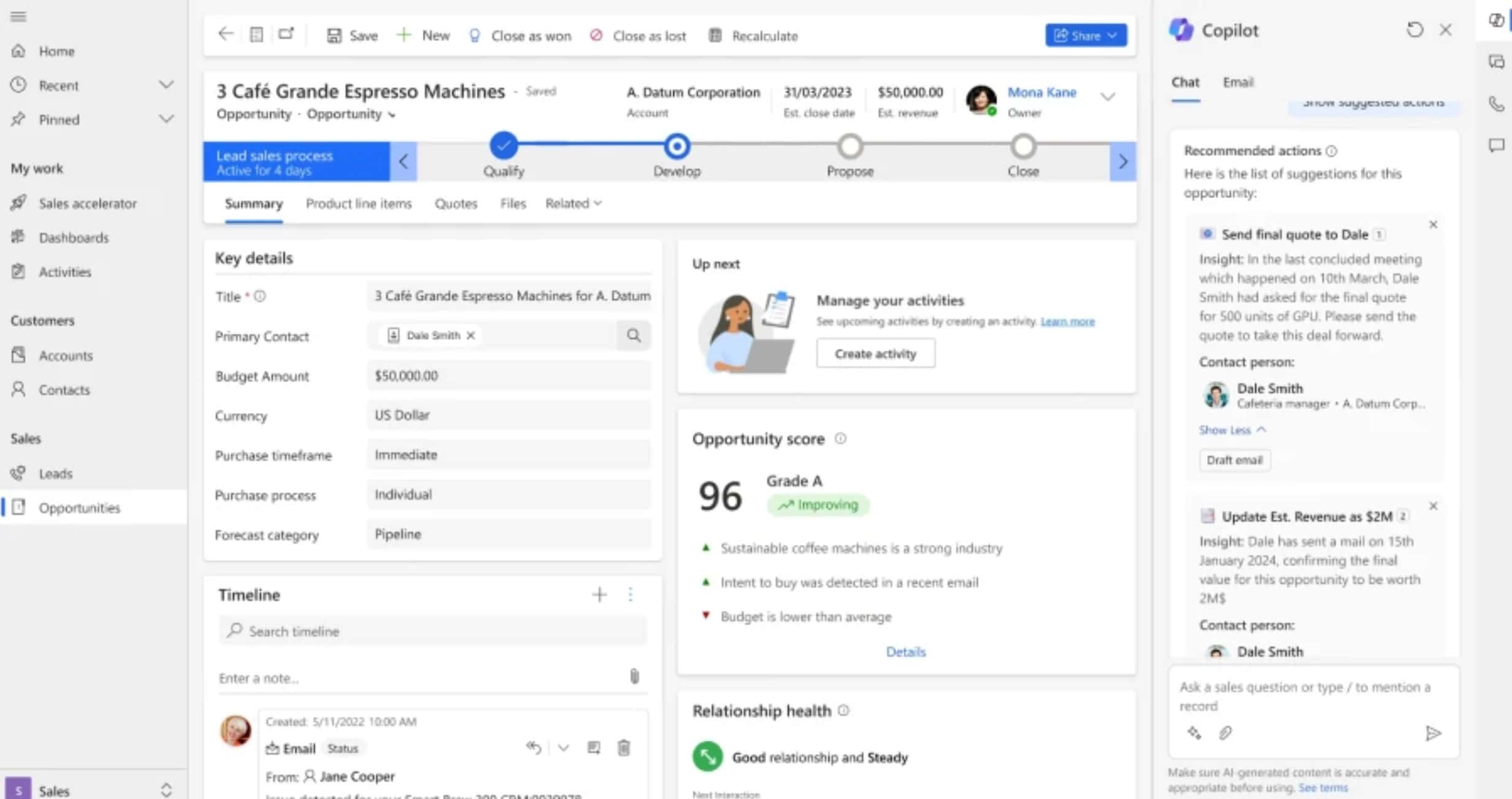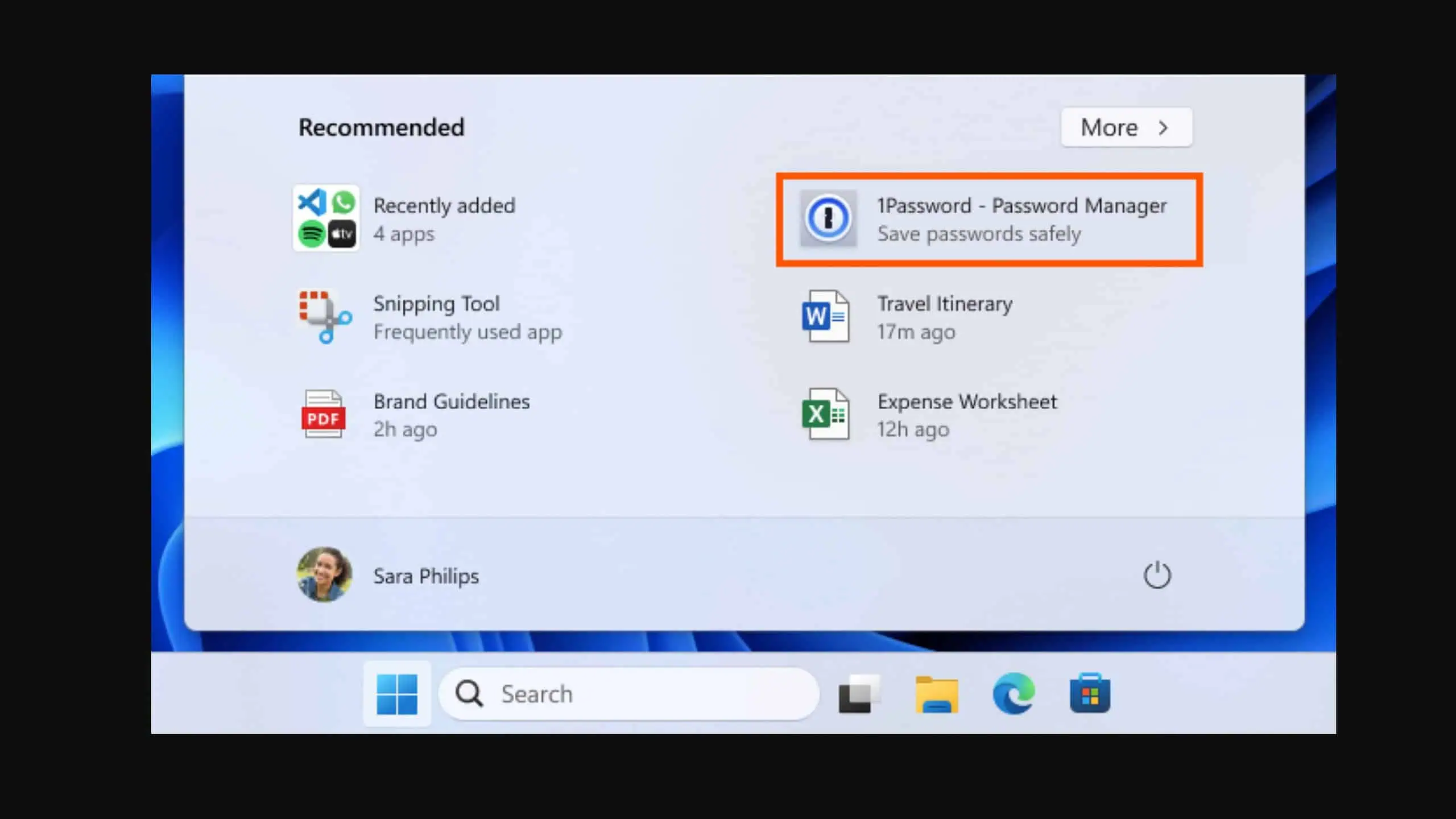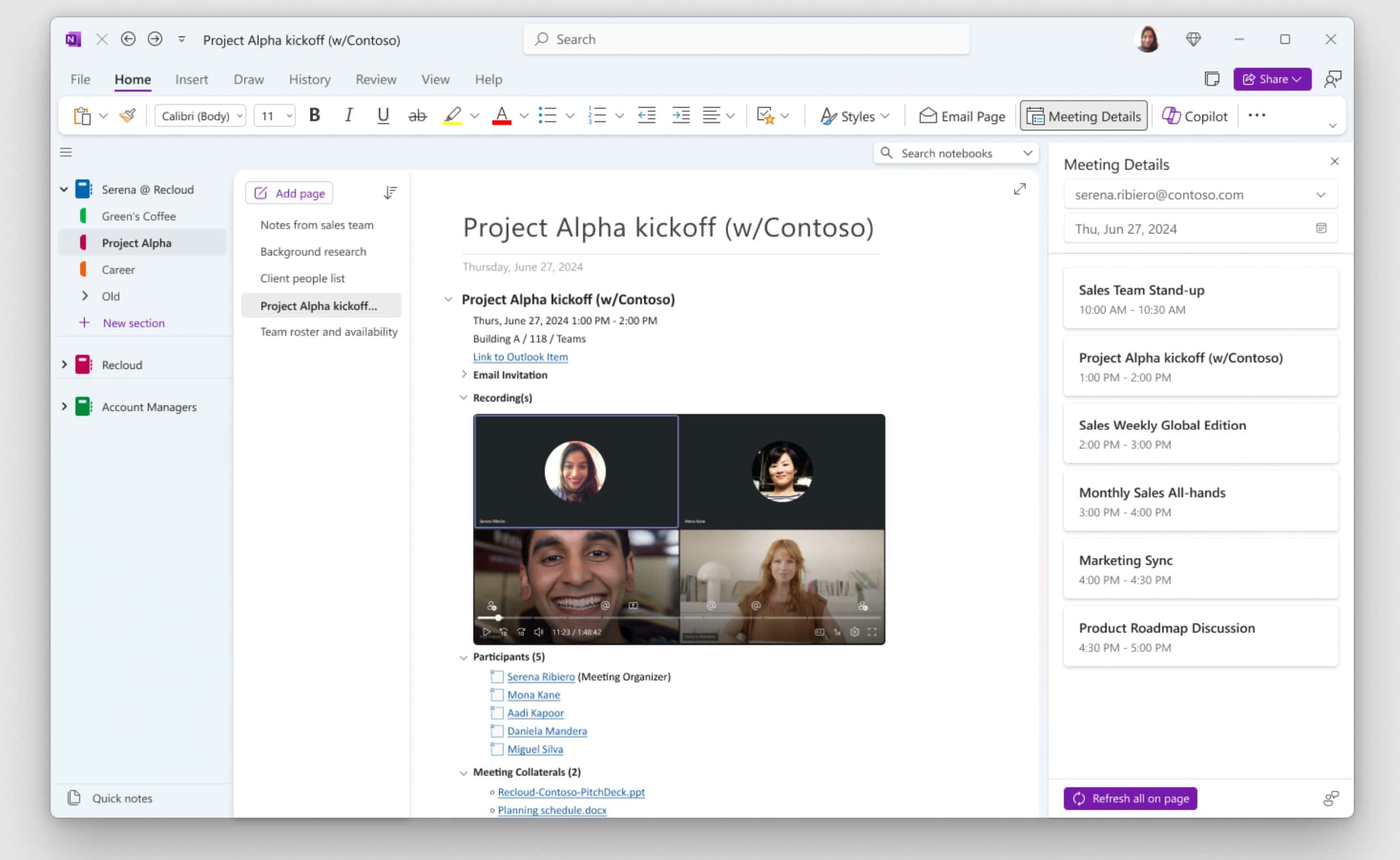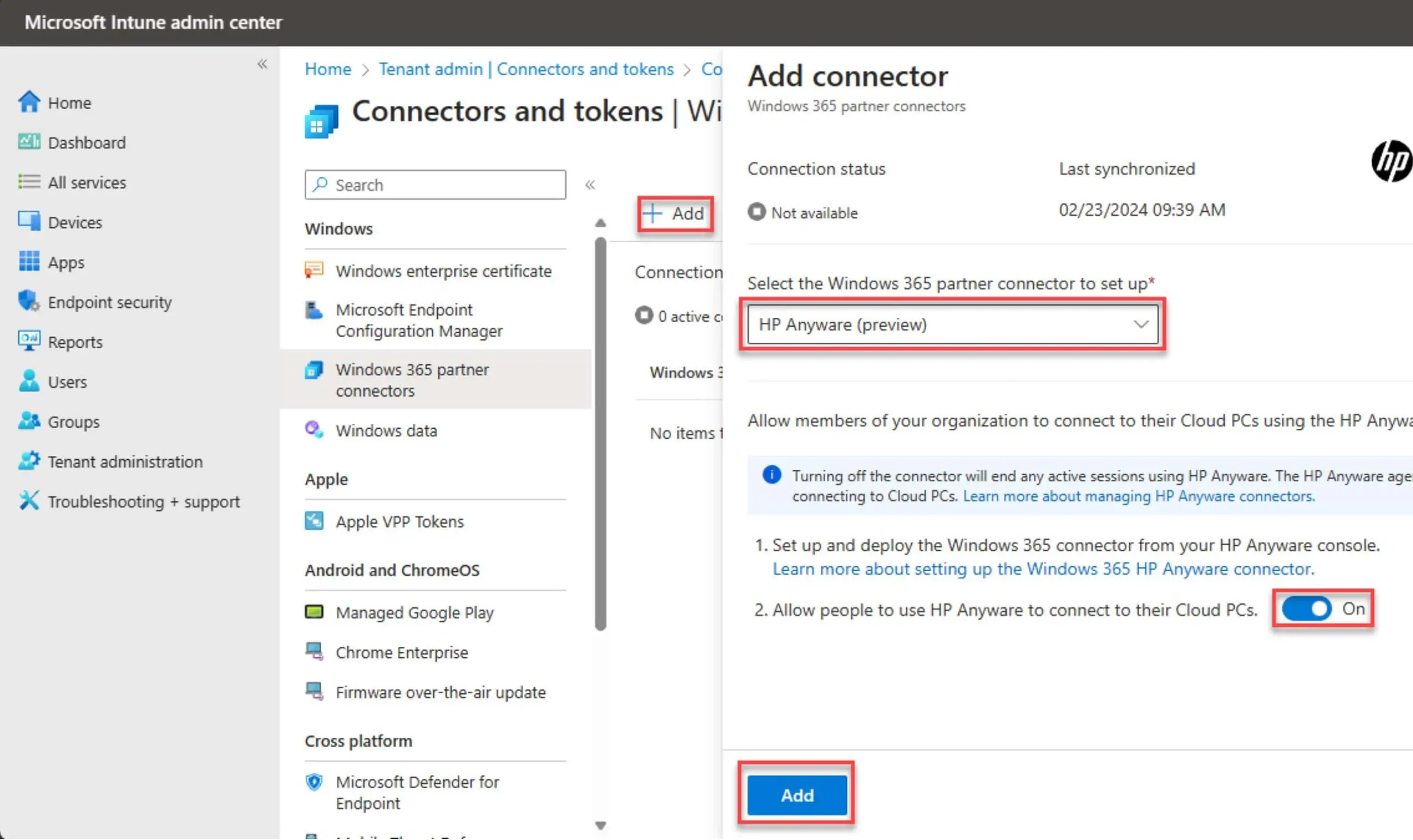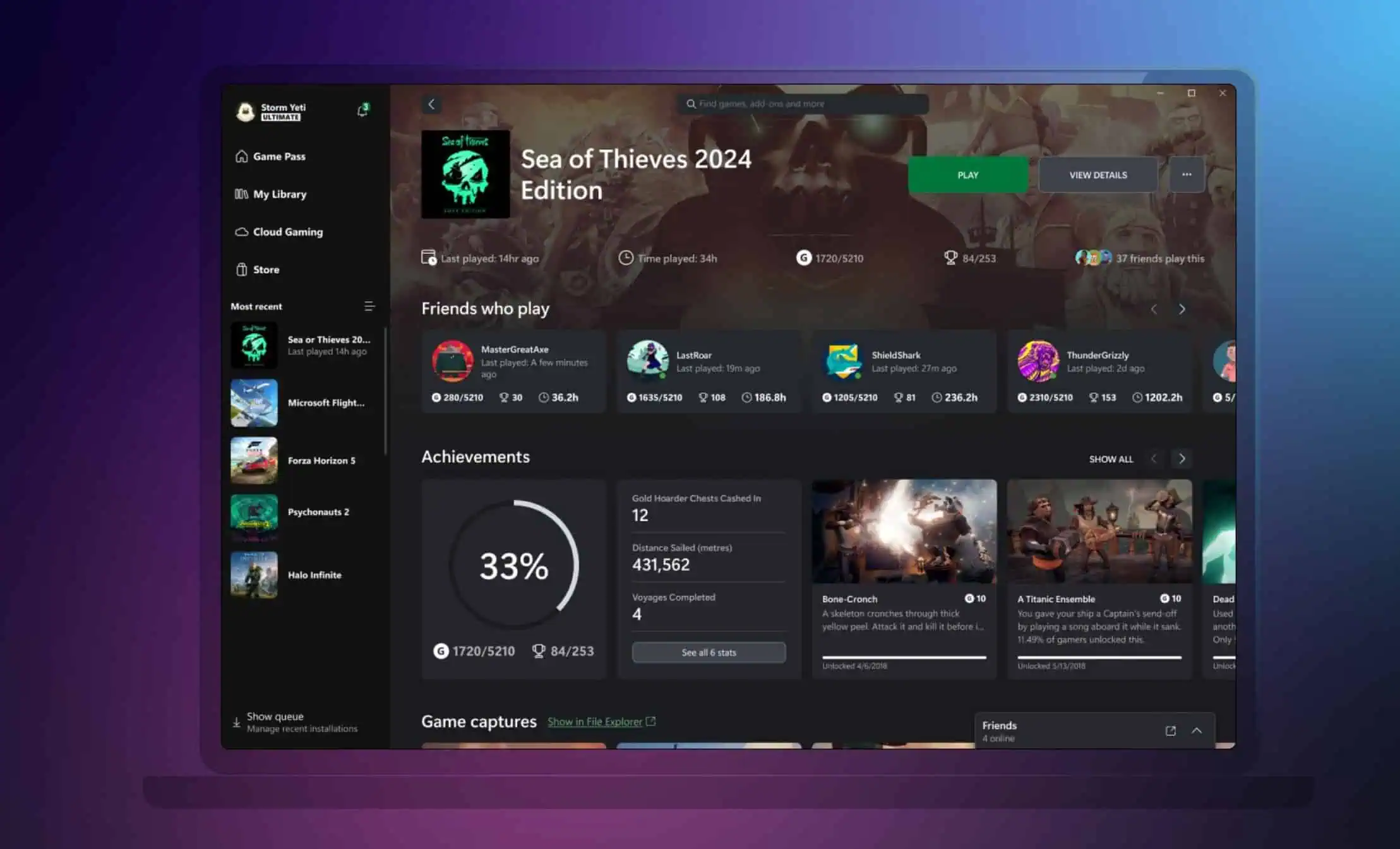Microsoft now seeing Google Cloud in competitive situations more frequently than it has in the past
6 min. read
Published on
Read our disclosure page to find out how can you help MSPoweruser sustain the editorial team Read more

Amy Hood, EVP & CFO, Microsoft recently spoke at Wells Fargo Tech Summit about Microsoft’s cloud competitors. We all know that Amazon is the current market leader in the cloud business and Microsoft has to compete with them to win customers. While Microsoft has some advantages of winning customers because of their past enterprise record when dealing with large organizations, Amazon blows them away when it comes to competing for cloud deals with startups. In the past few years, Microsoft has been working hard on this area to make startups consider Microsoft Cloud. While Microsoft is making some good progress in this area, they have another problem in the name of Google.
Google Cloud has been a distant third in the cloud market for the past few years, but they are now getting aggressive. Hiring Diane Greene as their cloud business chief was a great move and it is now reflecting in their results. Speaking at the conference, Amy said that they are now hearing Google Cloud’s name in competitive situations more frequently than it has in the past. She also said that Ali Cloud is making great progress in the Asia Pacific region and they are the No.3 provider behind Microsoft and Amazon in that region.
Read Amy’s full response below.
QUESTION: Maybe, Amy, if you can go into the competitive dynamics and public cloud obviously Amazon was first. They’re larger, you’ve come up and done a great job and you’ve got good enterprise and on-prem, as well, is a big advantage. And then maybe talk about where Google may or may not be and pricing and stuff like that.
AMY HOOD: Thanks, Alex. I get asked that question a lot. Let me talk about sort of what I’ve seen. I think I feel very good about how we’ve executed, given I think where we were a few years ago with AWS. I think structurally we’ve done a very good job being aggressive on the investment. We’ve done a very good job finding our differentiation through hybrid from the beginning and, frankly, using some of our strengths in the enterprise to focus there and try to be successful with many of the sales investments we already have.
I think this past year has been a trajectory changer for us on that front with Amazon. That being said, trust me, if you live in Seattle you feel the energy of two successful companies being there. If you’re looking for core systems engineers, we have most of them, I mean, in the Seattle region, it is a hot bed of the worldview of where the public cloud is going, where private cloud is going. It’s just a fun place to be, frankly, to feel that.
So take my comments about our progress in the spirit of an incredibly successful pairing of companies executing incredibly well, executing with I do think a mutual focus on customer success, and quite frankly a not terribly different view of where the world is going. So let me start by saying that, and you see it at most customers, I see it in most partners, ISVs. I feel like we’ve even made progress in the startup community, which we knew would be a harder one for us. And that’s been a bit of a new cycle, and I feel great.
Then let’s talk about Google, who I think we’ve been talking about seeing them in this market for years, but I would say we’ve seen more of them in the past few quarters than we’ve seen before. That’s not surprising. I think they’re making a good effort. I think Diane Greene is an excellent leader and an established enterprise CEO. I know that’s probably not her title in the job she has, but that is who she is. She’s always been a winner. She’s always been successful. So I kind of look and say, I absolutely expect them to continue to be aggressive. I absolutely expect to see them at customers. I do think they — we may not see them in the same way, in the level or the same way that we see Amazon at customer presence. It’s very different. But I would say we certainly see them more than we used to.
I would also say those comments are pretty U.S. and Europe centric. So I think if you were to maybe go to the APAC region you’d probably say, instead of probably putting Google in that third slot, you’d probably aggressively be asking me about Ali. This is a different worldview, I think, when we sit in this half of the world, we tend to think of the three companies I just named being the most successful in this region, and that’s certainly true. In Europe you see a very similar frame. If you went to Africa, certainly in China, increasingly in India, and across Asia, you’d probably see Alibaba have a different view of moving outside of China, well-funded, well-capitalized, certainly aggressive, many of the same attributes, understanding of the cloud, understanding that they’d like to take things outside of their home region. But I would say that’s the only thing I would add competitively to the landscape on a global basis.
Microsoft last month released its FY18 Q1 earnings results. Revenue from its Intelligent Cloud division was $6.9 billion and increased 14% (up 13% in constant currency). Azure revenue grew 90% (up 89% in constant currency) when compared to 97% (up 98% in constant currency) last quarter. Microsoft also achieved their $20 billion commercial cloud annual run rate goal.
“This quarter we exceeded $20 billion in commercial cloud ARR, outpacing the goal we set just over two years ago,” said Satya Nadella. “Our results reflect accelerating innovation and increased usage and engagement across our businesses as customers continue to choose Microsoft to help them transform.”
Azure’s growth potential remains super strong. Recently, Gartner projected that the worldwide public cloud services market revenue will grow 18.5 percent in 2017 to total $260.2 billion, up from $219.6 billion in 2016. Although public cloud is growing more strongly than initially forecast, Gartner still expects growth even out from 2018 onwards.


